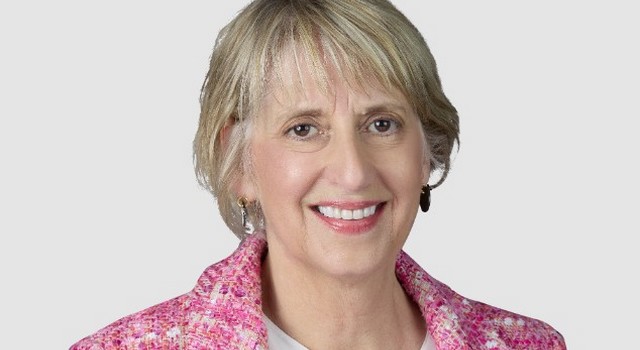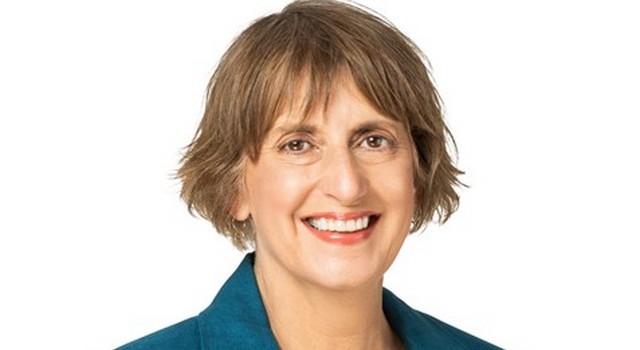Nothing defines us more as a community – and as Australians – than the not-for-profit (NFP) sector.
According to figures from McKinsey & Company, in 2021 the not-for-profit sector was one of the pillars of the Australian economy, employing 1.38 million people - 11 per cent of jobs in Australia - and contributing an estimated $129 billion, or 4.8 per cent, of the country’s gross value added in direct and indirect contributions.
The skillsets now required to run the boards of the estimated 600,000 NFPs in Australia are expanding.
Board members must not only be skilled “managers, accountants and legal practitioners”, they must also be across a range of issues from workplace diversity, modern slavery risks and looming changes to regulation.
Last year, Deloitte released a report warning that the 2022 reporting season was looming as one of the most challenging on record.
Post implementation issues on income recognition, new accounting standards on simplified disclosures and key changes to the Australian Charities and Not-for-profits Commissions Regulation were flagged as just some of the complex regulatory issues testing the mettle of NFP boards.
Mark Rigotti, chief executive officer and managing director at the Australian Institute of Company Directors (AICD). AICD
Add to these changes to reporting on sustainability, aged care and whistleblower requirements, and boards have their work cut out for them.
Chief executive officer and managing director at the Australian Institute of Company Directors (AICD), Mark Rigotti, says the days when NFP boards could be run by teams of dedicated amateurs are probably drawing to a close.
“Increasingly, being a director is seen as a profession rather than as a glide-path to full-time retirement,” Rigotti says.
“There’s been a push to professionalise directors. If you go back 25 years, directors were quite often parents - they were volunteers because they’d had an experience. Those days are going.”
While the altruism of NFP board members may not be in doubt, the sheer weight of work – in particular issues around governance and compliance – means those who have other options are taking them.
With these challenges in mind, the AICD launched Board Advance with the aim of lifting the performance of the nation’s boards - including NFPs. It focuses on two critical areas: performance assessment and governance development.
John Devine, head of Board Advance, says the program was specifically designed to upskill busy directors juggling a difficult regulatory environment, the demands of management and community expectations.
FULL STORY
Not-for-profit sector undergoing push to professionalise directors (Australian Financial Review/Board Advance )
PHOTO





